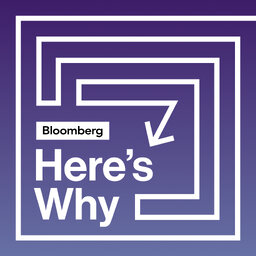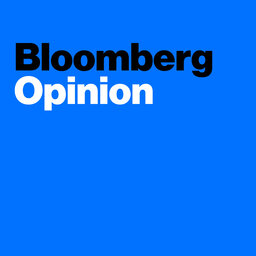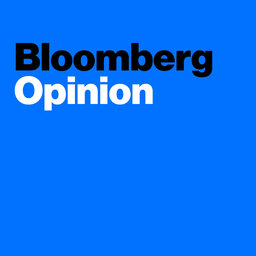Advance and Retreat
This week we discuss market maneuvers post-CPI and pre-FOMC with John Authers. Clara Ferreira Marques discusses Putin’s options as domestic criticism emerges and President Xi fails to offer public acknowledgment of, or support for, Putin’s war. And Justin Fox notices a trend in one industry that illuminates changes in the US labor force.
In 1 playlist(s)
Bloomberg Opinion
Deeper conversations on the week's most significant developments. Tune in and join in!Social links
Follow podcast
Recent clips

Introducing 'Here's Why' - Complex News Stories Explained
00:30

Airline Mergers and Restaurant Loyalty
35:20

Fossil Fuel Use and Drug Development
35:28
 Bloomberg Opinion
Bloomberg Opinion